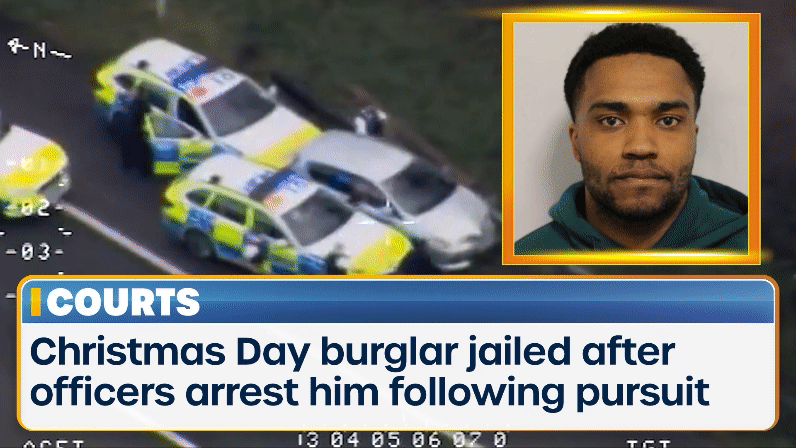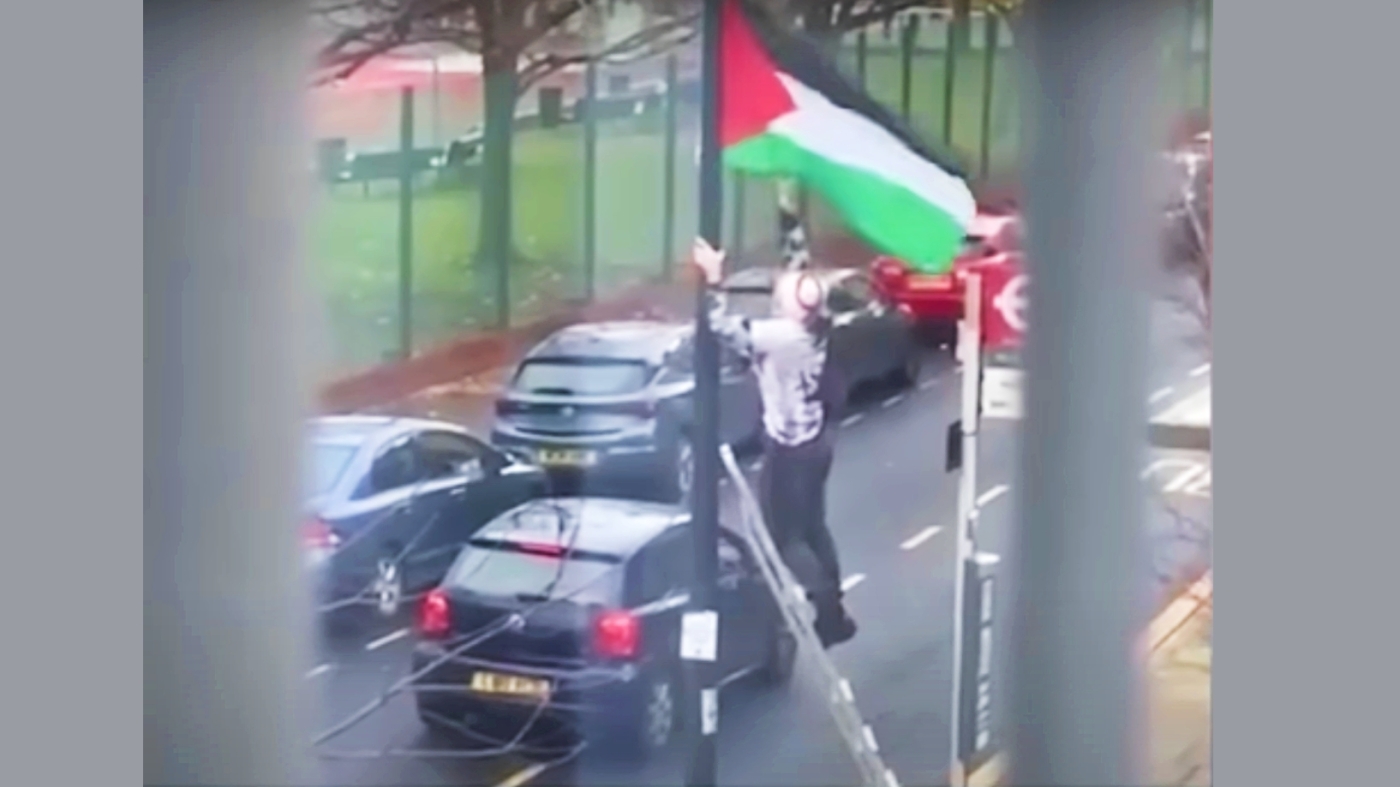Across the NHS, junior doctors and consultants are escalating their pay dispute with the government by taking action on the same day in mid-September.
September will also see thousands of NHS facilities staff such as nurses, pathologists, security, cleaners and porters in East London striking over staffing shortages and pay.
Barts Health will be worst hit, with both staff and doctors striking on 19th and 20th September.
Two large hospital trusts in East London, serving more than two million residents in seven boroughs, will be affected the most.
Barts Health runs Whipps Cross Hospital in Leytonstone, The Royal London Hospital in Whitechapel, St Bartholomew’s in Smithfield, Newham Hospital and Mile End Hospital.
Barking, Havering, Redbridge University Hospitals Trust (BHRUT) runs Queen’s Hospital in Romford and King George Hospital in Goodmayes.
East London also has two foundation trusts providing community and mental health services, East London Foundation Trust (NEFLT) and North East London Foundation Trust (ELFT).
The British Medical Association, which represents doctors, plans to strike at every NHS hospital on the following days:
- September 19 and 20 – Consultants will only provide “Christmas Day” levels of cover.
- September 20 – Junior doctors will only provide “Christmas Day” levels of cover.
- September 21 and 22 – Junior doctors will escalate the strike to “full walkouts”.
- October 2 to 4 – Both consultants and junior doctors will strike with “Christmas Day” levels of cover
Meanwhile, Unite the Union, which represents facilities staff, plans to strike at Barts Health and BHRUT on 13-14th September. On 13th September the union will strike at ELFT only, and between September 16 and 22 Unite will strike at Barts Health.
Barts Health has said its hospitals will continue to provide urgent, emergency and maternity care but warned that those with less urgent needs may face “longer waiting times than normal”.
Chris Streather regional medical director for NHS London said the strikes will have an “unprecedented impact” on the NHS, affecting almost all routine care, but emphasised that staff will provide the best possible care “under the circumstances”.
However, he added: “We will continue to prioritise urgent and emergency care for patients, but there is no doubt that it becomes harder each time to bring routine services back on track following strikes, and the cumulative effect after nearly nine months for patients, staff and the NHS as a whole is enormous.”
East Londoners should continue to call 999 for life-threatening emergencies or 111 online for other health concerns.
GP services and pharmacies will be available as normal and planned appointments will go ahead unless patients are contacted.
The BMA says doctors have seen their pay drop by over a third in real terms in the past 15 years while working in a “hugely understaffed and under-resourced” health service.
Rob Laurenson and Vivek Trivedi, co-chairs of the BMA’s junior doctor committee, say the government has refused to negotiate or make a “credible” pay offer.
The union is demanding pay be increased by 35%, to “restore” pay to 2008 levels.
Unite the Union says the government’s 5% pay increase for 2022/23 is half the rate of inflation.
Unite general secretary Sharon Graham said: “NHS employers must stop sweeping the staffing crisis under the carpet. Hospitals are so short of staff that patients are frequently being put at risk.
“Until the fundamental causes of low pay and impossible working conditions are resolved, the problem is only going to get worse.”
The union is also demanding that Barts Health pay the £1,655 lump sum payment to about 1,700 former Serco workers who were recently brought back in-house as NHS employees.
The workers – such as porters, cleaning and security services – were brought back in-house after Serco decided to hand back its contract in April this year.
This month BHRUT has reported that strikes have caused cancellations to 10,000 appointments and 721 non-urgent surgeries at an estimated cost of £4million up to the end of July.
In August, Barts Health reported that it is having to focus on industrial action rather than its waiting lists for cancer, diagnostics and elective surgery.
Deputy group chief executive of both trusts, Matthew Trainer, said: “As well as this, the strikes are affecting morale and run the risk of creating division between different clinical groups.
“The junior doctors I have spoken to feel that the government doesn’t care about them. I have sympathy for their concerns over pay and conditions.
“They are the future of the NHS and like many others I am desperate to see proper negotiations getting underway.”
Health secretary Steve Barclay has called the strikes “extremely disappointing” and called the BMA’s strikes “relentless and now co-ordinated”.
He added: “Nearly 900,000 appointments have been cancelled due to strike action and I fear the BMA’s hard-line stance and threat of indefinite action means this number will only keep rising.
“Doctors who started their hospital training this year will receive a 10.3% pay increase, with the average junior doctor set to get 8.8%.
“My door is always open to discuss how we can work together with NHS staff to improve their working lives, but this pay award is final so I urge the BMA to call an end to this callous and calculated disruption.”
https://www.romfordrecorder.co.uk/news/23772777.will-nhs-strikes-hit-east-london-hospitals-september/




